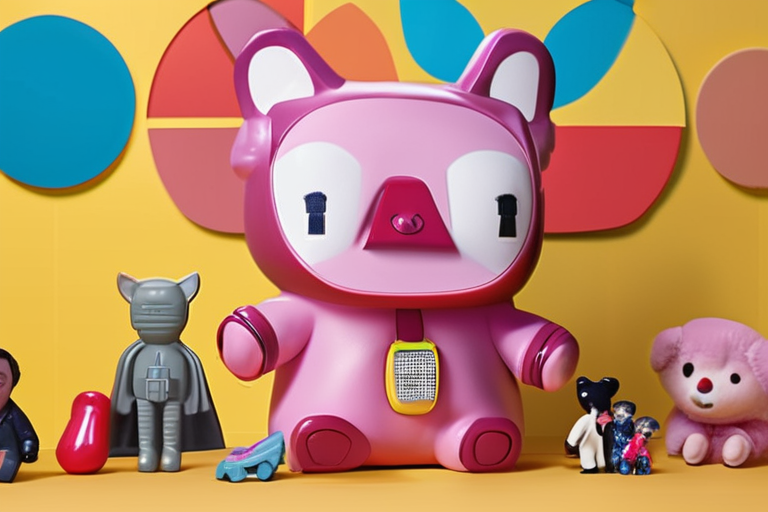Fads Uncovered: Why Labubu and Dubai Chocolate Captivated Social Media


Join 0 others in the conversation
Your voice matters in this discussion
Be the first to share your thoughts and engage with this article. Your perspective matters!
Discover articles from our community

 Hoppi
Hoppi

 Hoppi
Hoppi

 Hoppi
Hoppi

 Hoppi
Hoppi

 Hoppi
Hoppi

 Hoppi
Hoppi

Labubu Dolls Dominate Fake Toy Seizures at UK Border The UK's border authorities have seized over 3.5 million pounds' worth …

Hoppi

Fashion Industry Turns to AI for Trend Predictions The fashion industry has long relied on the opinions of influential editors …

Hoppi

Pop Mart Founder Wang Ning Sees $6 Billion Vanish as Labubu Hype Fades BEIJING - Just weeks ago, Pop Mart …

Hoppi

Friend.com's $1 Million Ad Campaign Graffiti: A Reflection of Capitalism's Power In a bold move, 22-year-old Avi Schiffmann, CEO of …

Hoppi

BREAKING NEWS Fashion Industry Leaps into AI-Driven Trend Forecasting Revolution Paris, France - October 4, 2025: The fashion industry has …

Hoppi

Tech Gifts for All: From Portable Printers to Streaming Devices In a bid to make technology more accessible and enjoyable …

Hoppi